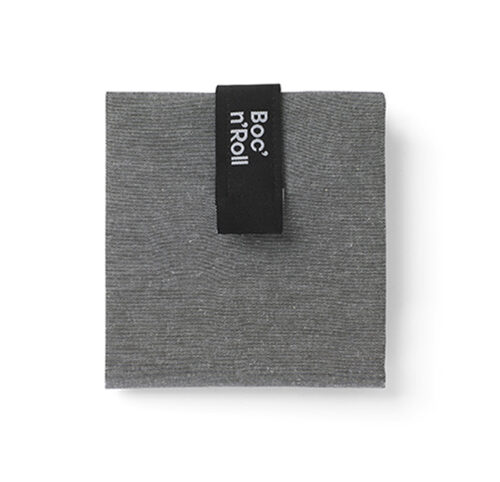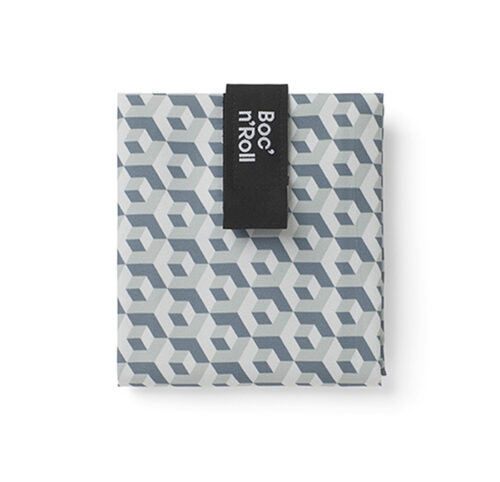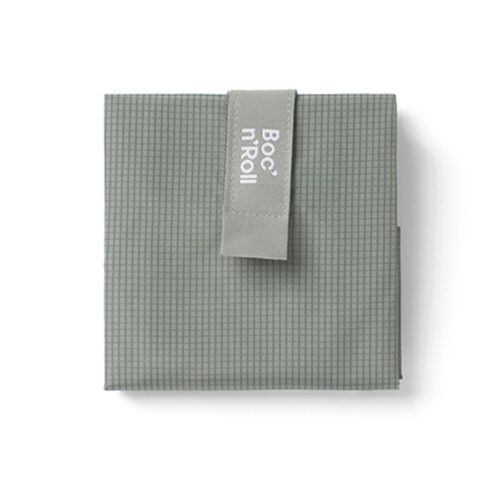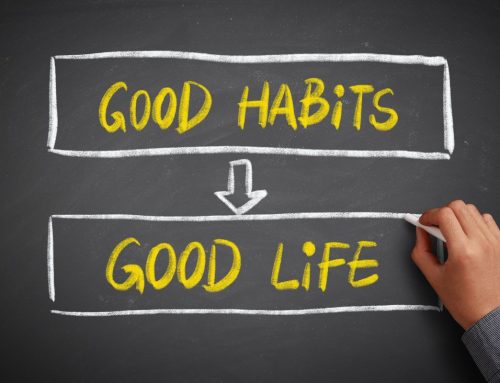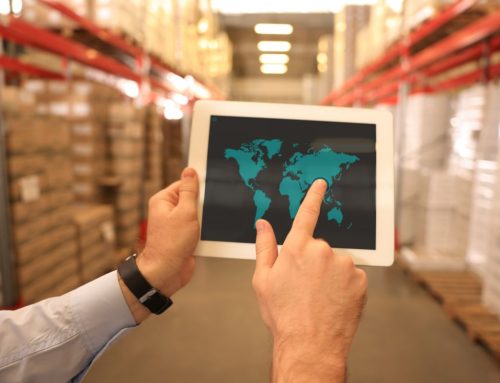What is a sustainable product? Refers to goods or services designed, produced, and utilized in a manner that minimizes environmental impact, conserves resources, and promotes social responsibility throughout their entire lifecycle.
Sustainability, at its core, represents a fundamental approach to meeting the needs of the present without compromising the ability of future generations to meet their own needs. It encompasses a holistic and forward-thinking mindset that seeks to balance economic, social, and environmental considerations to create a more equitable, resilient, and harmonious world.
Discover the most fun sustainable product
The Boc’n’Roll is a super cool, eco-friendly food wrap that’s all about cutting down on waste. It’s like your reusable buddy for carrying food without needing to use plastic bags or cling wrap. And it’s foldable and adjustable to fit your snacks perfectly. You can wrap up sandwiches, fruits, or whatever you’re munching on, and it’s also a handy placemat for when you’re ready to dig in.
What’s awesome is that you can use it again and again – just give it a quick wash and it’s good to go for your next meal adventure. It’s so easy to carry around, making it perfect for school lunches, picnics, or just tossing it in your bag for snacks on the move. Plus, by using the Boc’n’Roll, you’re helping to ditch those single-use plastics, doing your bit for the planet in a really simple way!
What is sustainability?
In essence, sustainability is about finding innovative solutions and adopting responsible practices that address pressing global challenges such as climate change, resource depletion, biodiversity loss, social inequality, and more. It emphasizes the interconnectedness between human society, the environment, and the economy, acknowledging that our actions today profoundly impact the well-being of both current and future generations.
This approach encourages us to rethink how we consume resources, manage waste, develop technologies, conduct business, and interact with nature and society. It calls for transformative changes across various sectors, promoting ethical decision-making, long-term planning, and the pursuit of systems that support the well-being of people and the planet.
Not an aspiration, but a necessity
Sustainability is not just an aspiration but a necessity in ensuring a thriving future for humanity. It requires collaboration, innovation, and a collective commitment from individuals, communities, businesses, governments, and organizations worldwide to create a more sustainable and resilient world for generations to come.
Characteristics of a sustainable product
These products aim to meet present needs without compromising the ability of future generations to meet their own needs.
- Environmentally Friendly Materials: Sustainable products prioritize the use of environmentally friendly materials that have a lower impact on the environment. These materials include renewable resources such as bamboo, organic cotton, or hemp, recycled materials like recycled plastics or metals, and biodegradable materials that break down naturally, reducing the burden on landfills and ecosystems.
- Energy Efficiency: Sustainable products are designed with energy efficiency in mind throughout their entire lifecycle. This includes efficient manufacturing processes, reduced energy consumption during use, and considerations for energy-efficient disposal or recycling methods. Lowering energy consumption not only decreases carbon emissions but also reduces reliance on non-renewable energy sources.
- Minimal Waste Generation: These products are geared towards reducing waste generation by adopting design principles that prioritize recyclability, reusability, or biodegradability. Emphasizing the circular economy model, sustainable products are created to generate as little waste as possible, encouraging a closed-loop system where materials are reused or recycled rather than discarded.
- Durability and Longevity: Sustainability embraces products that are durable and have a longer lifespan. By focusing on quality construction and robust materials, these products resist wear and tear, encouraging consumers to use them for longer periods. This approach reduces the frequency of replacements, minimizes resource consumption, and decreases the overall environmental impact.
- Ethical and Transparent Supply Chains: Sustainable products often originate from companies committed to ethical business practices. They ensure fair wages, safe working conditions, and transparency throughout their supply chain, supporting workers’ rights and social well-being while minimizing negative impacts on local communities.
- Minimal Environmental Impact: Sustainable products undergo thorough assessments to minimize their environmental footprint. This evaluation includes considerations for factors such as water usage, greenhouse gas emissions, pollution levels, and overall ecological impact, aiming for continuous improvement in environmental performance.
- Support for Circular Economy Principles: Sustainable products embody the principles of a circular economy by encouraging reuse, repair, and recycling. They are designed with the intention of extending their lifespan through refurbishment, repurposing, or recycling, contributing to a more sustainable and resource-efficient economy.
Sustainable products can vary widely across industries, including eco-friendly apparel made from organic cotton or recycled materials, energy-efficient appliances, reusable household items like stainless steel water bottles or cloth shopping bags, renewable energy technologies, and eco-conscious beauty and personal care products with natural and biodegradable ingredients.
Overall, sustainable products embody a commitment to responsible consumption and production, striving to create goods and services that positively contribute to environmental conservation, social well-being, and economic prosperity while minimizing adverse impacts on the planet.
Some sustainable products
-
Reusable Water Bottles
- Made from materials like stainless steel, glass, or BPA-free plastics, reusable water bottles reduce single-use plastic consumption and encourage hydration without generating disposable waste.
-
Organic and Fair Trade Clothing
- Clothing made from organic cotton, hemp, bamboo, or recycled fabrics reduces the environmental impact of conventional cotton production. Fair Trade-certified clothing ensures fair wages and ethical working conditions for garment workers.
-
Energy-Efficient Appliances
- Energy Star-rated appliances such as refrigerators, washing machines, and air conditioners consume less energy, reducing electricity bills and carbon emissions.
-
Bamboo or Recycled Paper Products
- Items such as stationery, tissue paper, and packaging made from bamboo or recycled paper decrease reliance on tree-based paper products, preserving forests and reducing deforestation.
-
Eco-Friendly Cleaning Supplies
- Cleaning products made from natural, biodegradable ingredients minimize harmful chemicals in wastewater and reduce environmental impact while maintaining cleanliness.
-
Solar-Powered Chargers
- Solar chargers and power banks harness solar energy to charge electronic devices, reducing reliance on traditional electricity sources and decreasing carbon emissions.
-
Reusable Shopping Bags
- Bags made from canvas, jute, or recycled materials offer a sustainable alternative to single-use plastic bags, reducing plastic pollution in oceans and landfills.
-
LED Light Bulbs
- Energy-efficient LED bulbs use significantly less energy and last longer than traditional incandescent bulbs, reducing electricity consumption and carbon emissions.
-
Upcycled or Recycled Furniture
- Furniture made from reclaimed or recycled materials reduces the need for new resources and minimizes waste. Upcycled furniture repurposes old materials into new and creative designs.
-
Electric or Hybrid Vehicles
- Electric cars or hybrid vehicles use cleaner energy sources, reduce reliance on fossil fuels, and decrease greenhouse gas emissions compared to traditional gasoline-powered vehicles.
-
Sustainable Beauty Products
- Eco-friendly beauty items like refillable cosmetics, biodegradable packaging, and products made with natural, cruelty-free ingredients offer sustainable alternatives in the beauty industry, reducing plastic waste and environmental impact.
-
Reusable Coffee Cups
- Travel mugs or coffee cups made from materials like ceramic, bamboo, or stainless steel offer an eco-friendly alternative to single-use coffee cups, reducing waste generated from takeaway coffee consumption.
These examples represent a diverse range of sustainable products that align with environmental and social responsibility. They demonstrate how sustainable alternatives can contribute to reducing resource consumption, minimizing waste, and promoting a more environmentally friendly lifestyle. If you want to discover more sustainable products, read our post “The best zero waste products“.


